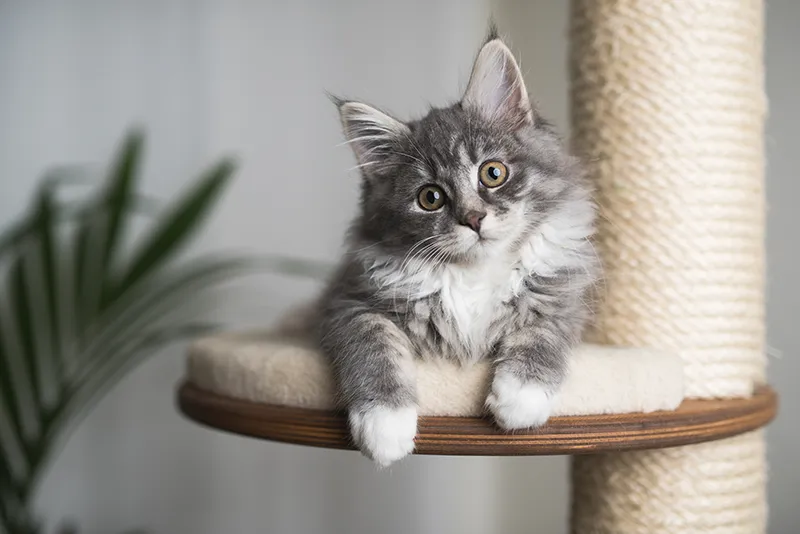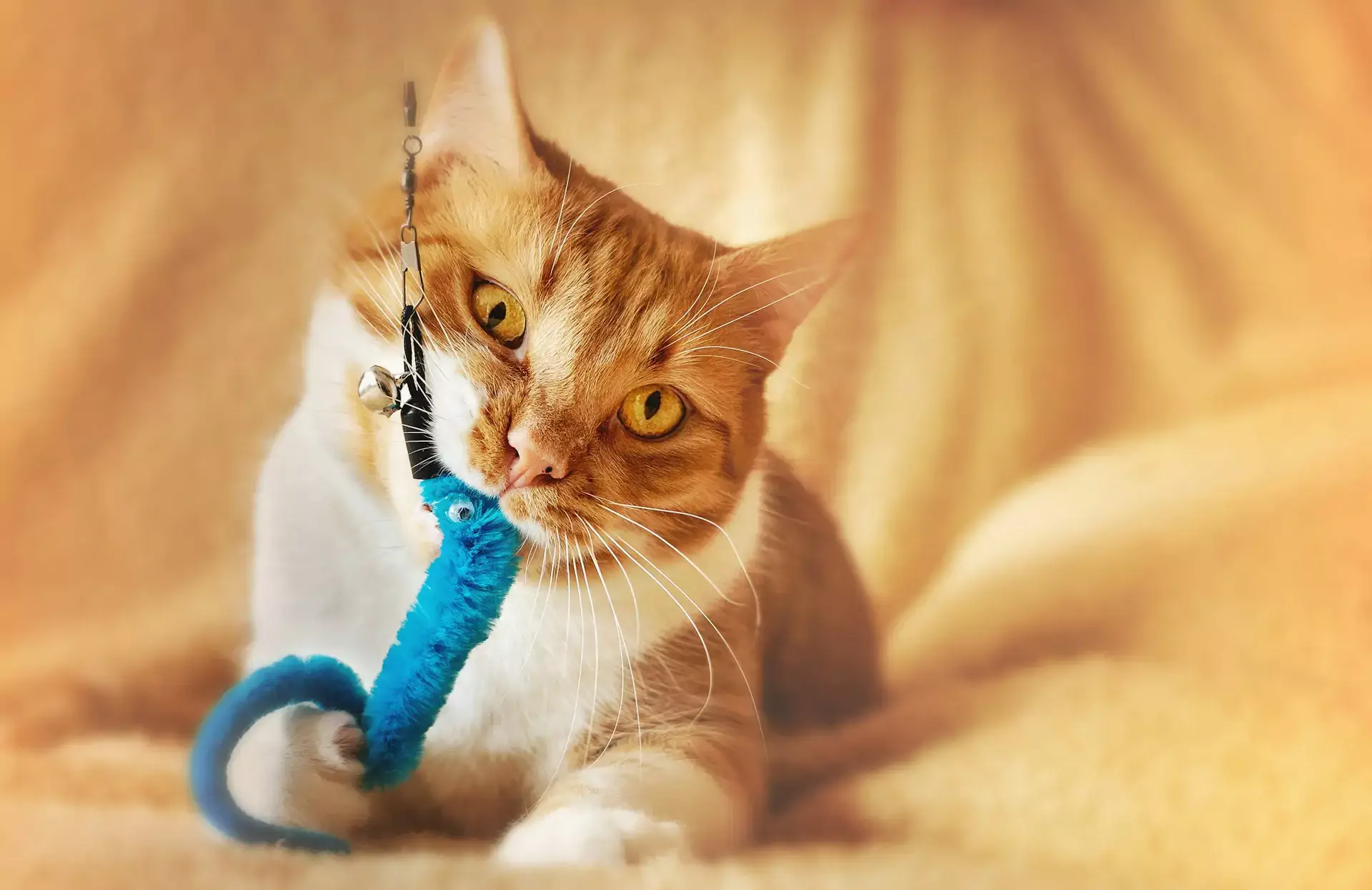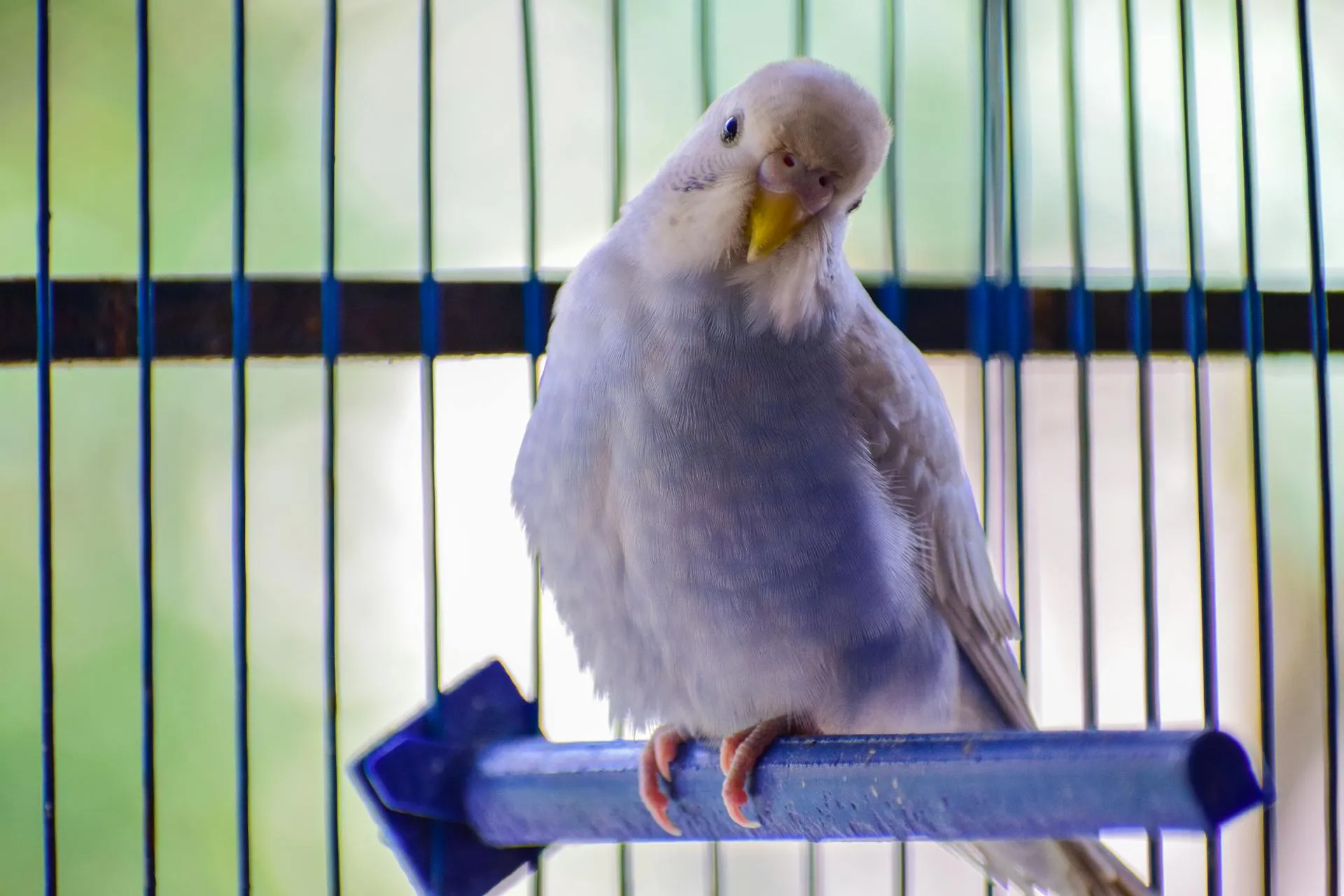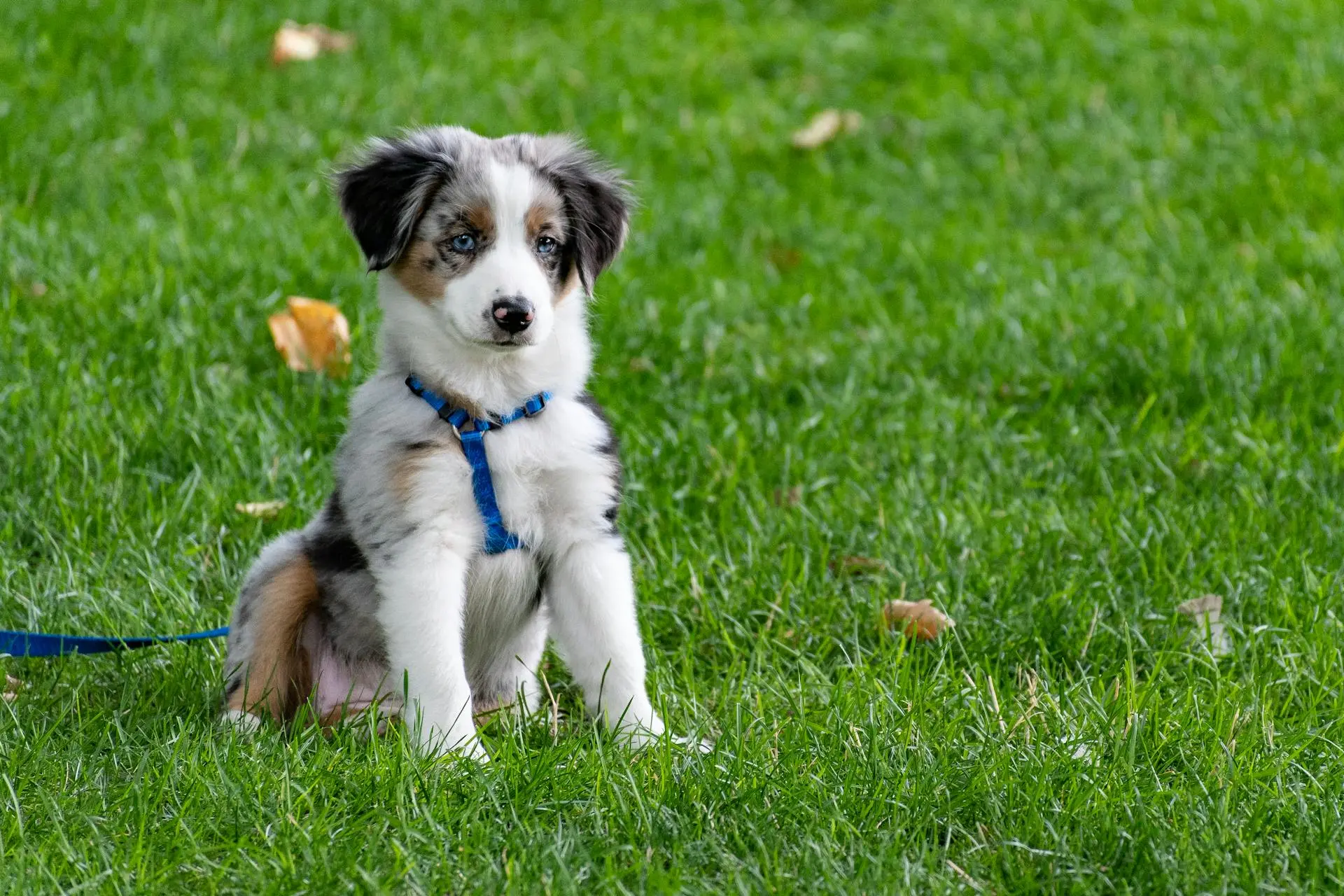Birds are highly intelligent, social creatures that require stimulation to thrive in a domestic setting. Without proper mental and physical enrichment, pet birds can become bored, stressed, and even develop behavioral issues. At Galena Animal Medical Clinic in Middletown, DE, we understand the importance of keeping your feathered friend active, engaged, and happy. In this blog, we’ll explore effective bird enrichment ideas that will keep your pet bird entertained and mentally stimulated.
If you’re a bird owner, you know how much joy your feathered companion can bring to your home. To keep them healthy and well-adjusted, it’s essential to provide a variety of activities that challenge both their minds and bodies. Let’s dive into some enrichment strategies that will help your bird thrive.
Why Is Bird Enrichment Important?
Birds in the wild are constantly engaged in activities like foraging, flying, and interacting with other birds. Domestic birds, however, have a limited environment and may not experience these natural behaviors unless you provide them with enrichment. Lack of mental stimulation can lead to boredom, which in turn can result in behaviors like feather plucking, excessive screeching, or aggression.
Enrichment isn’t just about keeping your bird entertained—it’s about mimicking some of the natural behaviors they would engage in in the wild. By offering stimulating activities, you help prevent behavioral issues and support your bird’s emotional and physical well-being.
The website Avian Enrichment is a great resource for this. Click here to visit, or bookmark for later. The Royal Society For The Prevention Of Cruelty to Animals has some helpful information on bird enrichment here.
Bird Enrichment Activities: Fun and Interactive Ideas
Here are some bird enrichment ideas that will keep your feathered friend entertained and mentally engaged:
1. Foraging: Hide Food for Mental Stimulation
In the wild, birds spend a lot of time searching for food. You can replicate this natural behavior by hiding your bird’s food in various places around their cage. Foraging encourages problem-solving and gives them a sense of accomplishment. You can use foraging toys, puzzle feeders, or even scatter food around the cage.
Ideas for Foraging:
- Foraging toys: These are designed to hold treats or food, forcing your bird to manipulate the toy to retrieve the food.
- Paper rolls and boxes: Hide food inside cardboard tubes or small boxes to encourage exploration.
- Natural branches: Attach food to branches or perches to mimic how they might forage for food in the wild.
2. Interactive Toys: Engage Their Curiosity
Birds are naturally curious creatures and enjoy toys that engage their senses. Be sure to provide a variety of toys that challenge your bird mentally and physically. Rotate the toys regularly to prevent boredom.
Popular Interactive Toys:
- Puzzle toys: These require your bird to solve a problem to access the treat inside. They encourage your bird to think and engage their brain.
- Mirrors and bells: Many birds are fascinated by their reflection or enjoy the sound of a bell, which can keep them occupied for hours.
- Shreddable toys: Birds love to shred soft materials, such as paper or palm leaves, which satisfies their natural urge to destroy things.
3. Training Sessions: Build Trust and Mental Stimulation
Training sessions not only provide mental stimulation but also help build a bond of trust between you and your bird. Positive reinforcement techniques, such as offering treats or praise, can be used to teach your bird tricks or commands. These activities are great for both physical and mental exercise.
Training Tips:
- Start with simple commands: Teach your bird basic tricks like “step up” or “wave” to keep their mind active.
- Use treats as rewards: Birds respond well to positive reinforcement, so reward your bird with a treat when they perform the desired behavior.
- Limit training sessions to 10-15 minutes: Birds have short attention spans, so keeping sessions brief will help prevent frustration.
4. Flight Time and Exercise: Give Them Room to Fly
Birds need space to stretch their wings and engage in flight. If possible, allow your bird to fly around a safe, enclosed area of your home. This type of exercise is essential for their physical health and helps to alleviate stress.
Flight and Exercise Tips:
- Supervised flight time: Open the cage door and let your bird fly around the room, but be sure to supervise them to prevent accidents.
- Create a flight space: If possible, set up a designated flying space where your bird can soar and explore safely.
- Flying games: Use a toy or treat to encourage your bird to fly back and forth between you and another perch.
5. Perches and Climbing Structures: Provide Vertical Space
Birds love to climb and explore vertical spaces. By providing a variety of perches at different heights and with different textures, you encourage natural behaviors. Climbing is great exercise and helps with muscle strength.
Ideas for Perches and Climbing:
- Natural branches: These provide a variety of textures and shapes that encourage climbing and scratching.
- Rope perches: These offer variety and can be shaped in fun ways for climbing and hanging.
- Bird ladders: Ladders are great for climbing and offer another activity to keep your bird busy.
6. Bird Baths and Water Play: Keep Them Clean and Entertained
Birds love water, and many species enjoy bathing to stay clean and cool. You can create a bird bath experience by providing a shallow dish of water in your bird’s cage. Make sure to change the water regularly to keep it clean.
Bathing Ideas:
- Shallow water dish: Provide a shallow dish for your bird to bathe in. Some birds enjoy splashing around in the water.
- Spray bottle: Lightly mist your bird with water from a spray bottle to simulate rain, which some birds find enjoyable.
Click here to read our earlier blog about bird behavior.
Signs Your Bird Needs More Enrichment
While providing enrichment, it’s important to monitor your bird’s behavior. If your bird seems uninterested in toys, becomes more vocal or aggressive, or engages in destructive behavior, it may be a sign that they need more stimulation. Offer new toys, change their environment, and keep their routines interesting to meet their needs.
Frequently Asked Questions
1. How can I tell if my bird is bored?
Signs of boredom in birds include excessive vocalization, feather plucking, aggression, or lethargy. Providing more toys, social interaction, and mental challenges can help alleviate these behaviors.
2. How much time should I spend with my bird each day?
Birds are social creatures and thrive with daily interaction. Aim for at least 30 minutes to 1 hour of interaction each day, including playtime, training, or simply bonding time outside the cage.
3. Can I leave my bird alone for long periods of time?
Birds should not be left alone for long periods. If you’re gone for extended periods, consider getting another bird as a companion or setting up an enriching environment to keep them occupied.
4. What are some signs that my bird is happy?
Signs of a happy bird include singing, dancing, interacting with toys, eating and drinking well, and engaging with you positively. A happy bird will be active, curious, and display playful behaviors.
Visit Our Middletown, DE Vet Clinic
Providing enrichment for your bird is essential to their well-being and happiness. At Galena Animal Medical Clinic in Middletown, DE, we understand that your bird needs mental and physical stimulation to stay healthy and content. By incorporating these enrichment ideas into your bird’s routine, you’re creating a fulfilling environment that encourages natural behaviors, reduces stress, and strengthens your bond with your feathered friend.
If you need more advice or have any questions about your bird’s care, don’t hesitate to contact us. We’re here to support you and your pet in every step of their journey!
Click here to visit our Service page and find out more about our clinic and the animals we treat. You can also go here to learn more about our Critical Care services, or go here to learn more about our Exotic Pet care offerings.
This blog is meant to be informational only. Always consult with your veterinarian for the right medical advice, diagnosis, or treatment plan for your pet and follow their advice.







!Social Media Icons